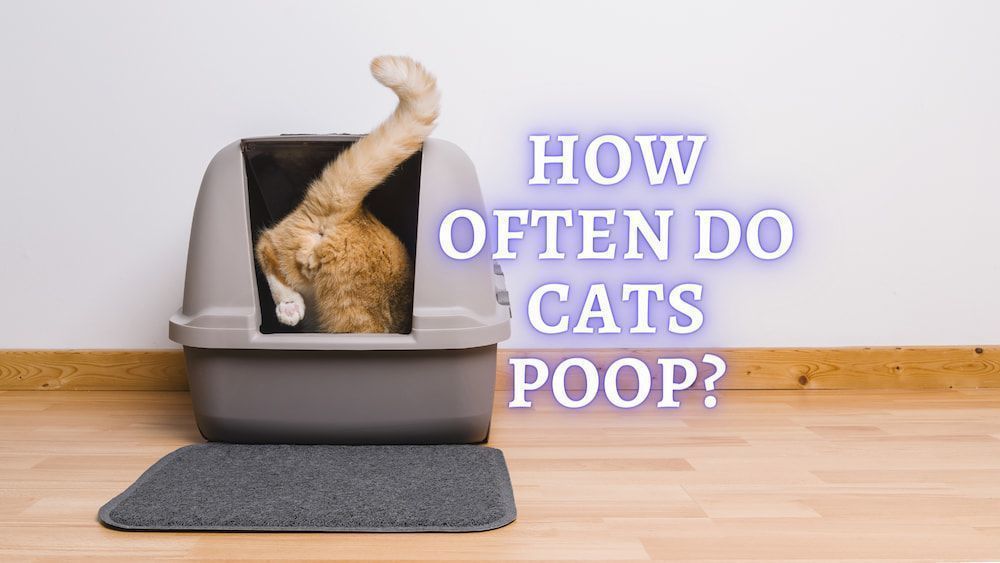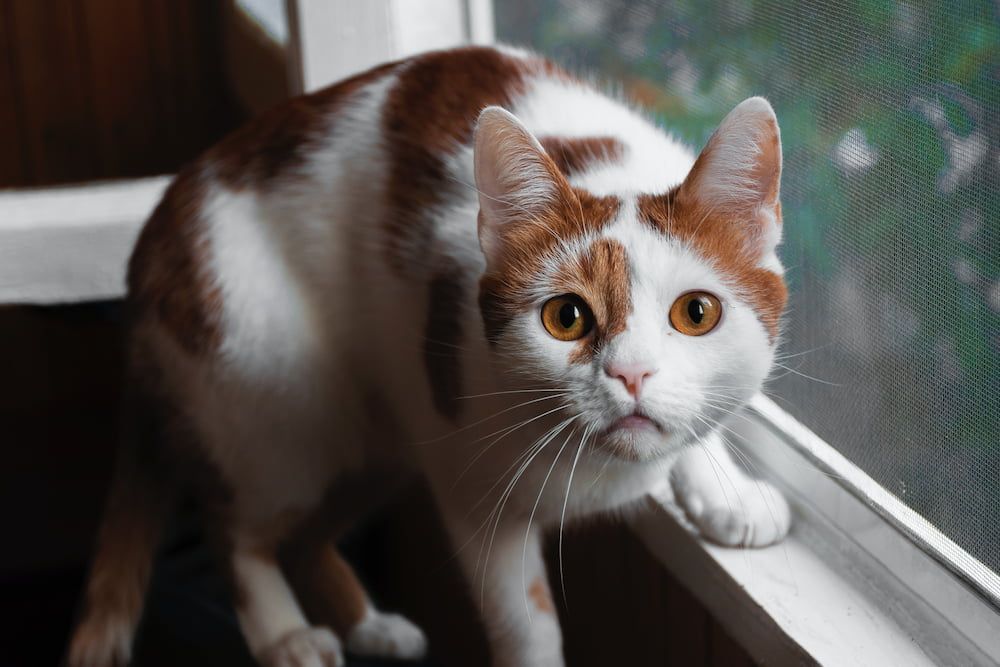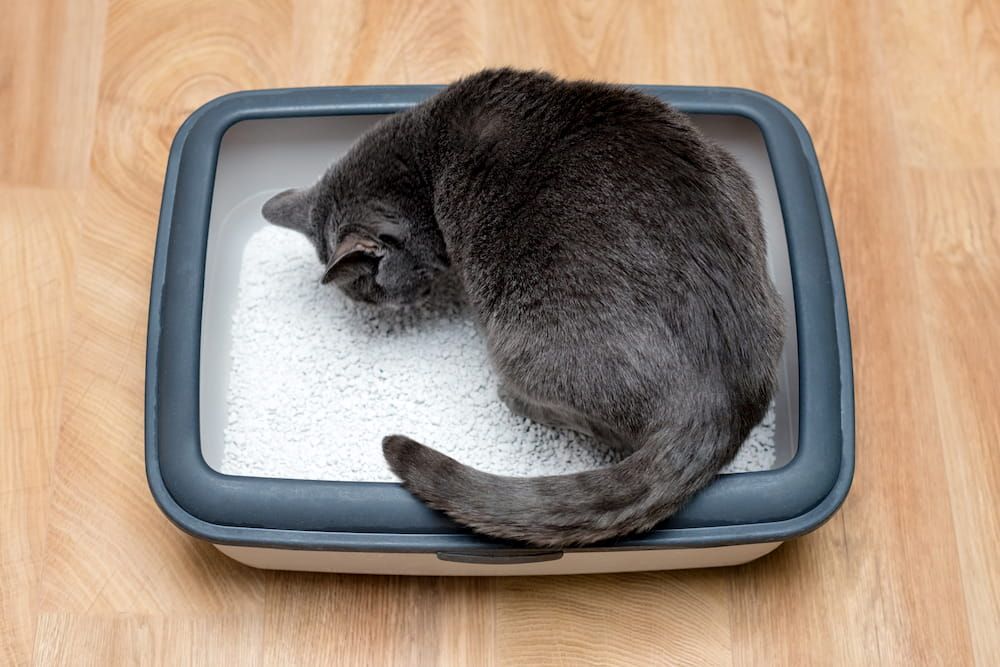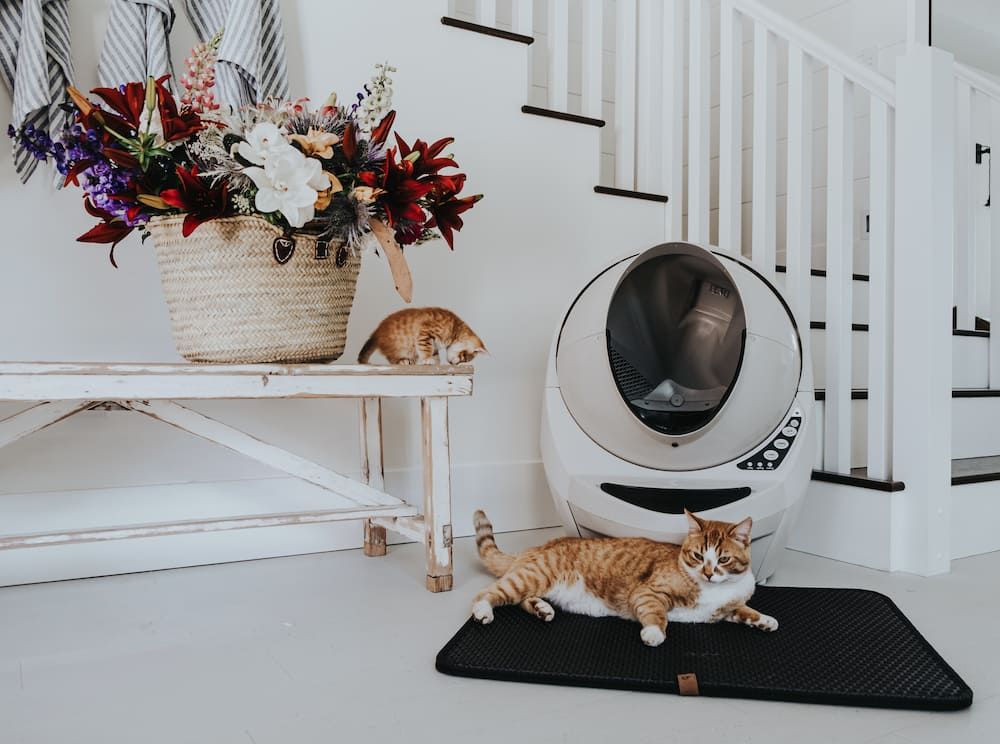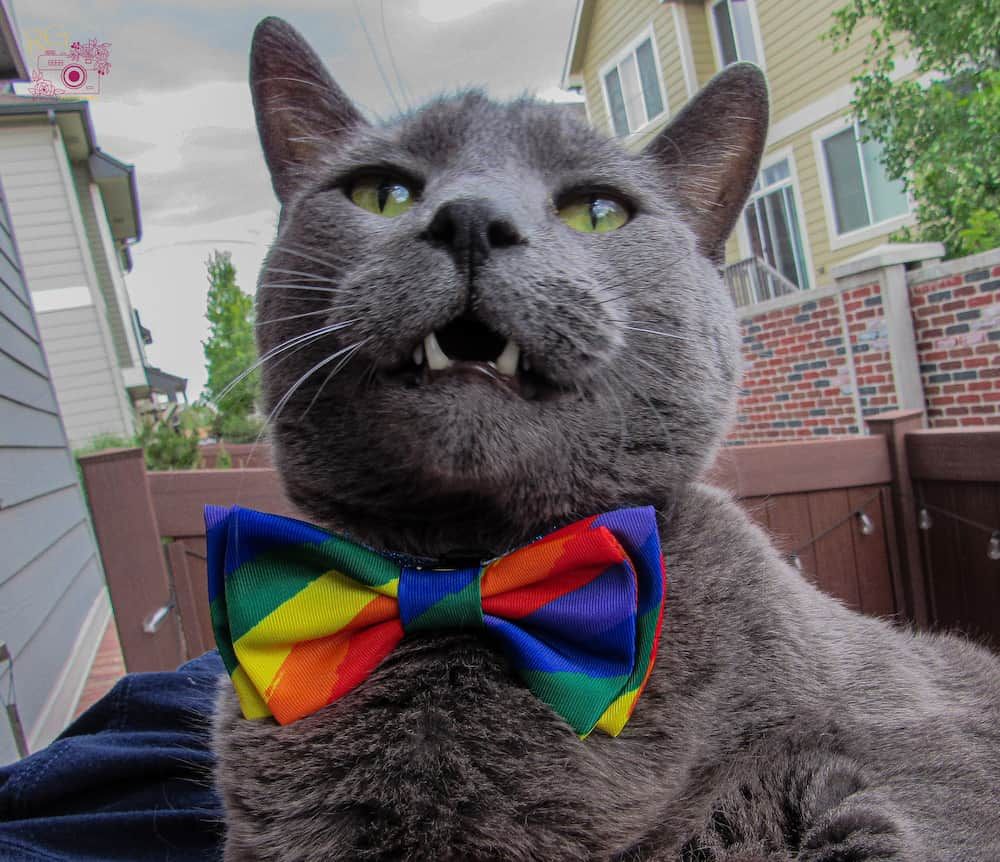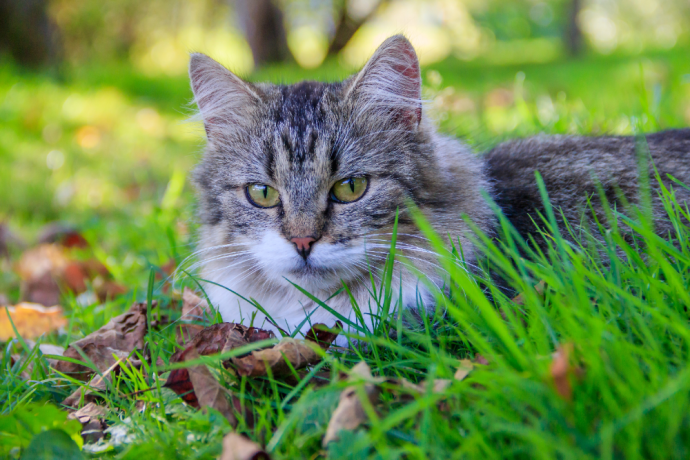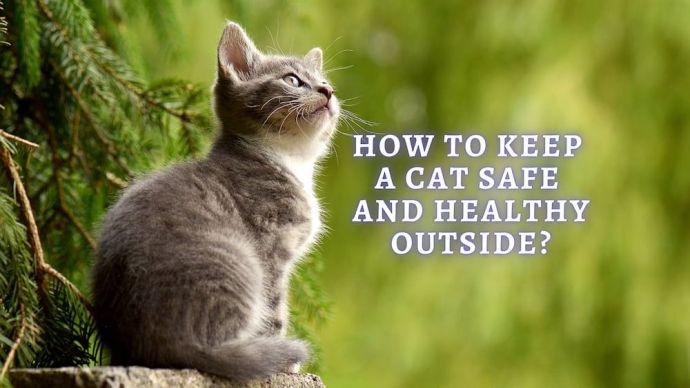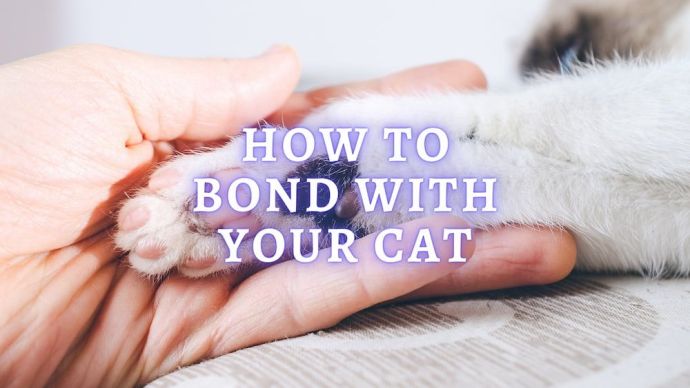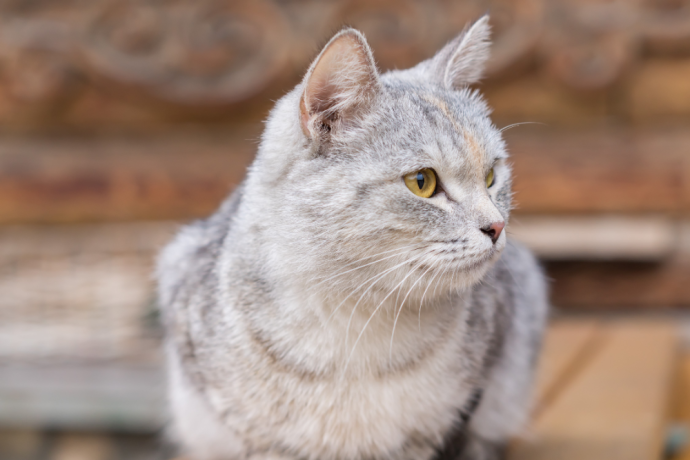How Often Do Cats Poop? Cat Poop: Normal, Problems, Constipation, Diarrhea, and More
Written by:
Author: Vicki Smirnova
Vicki Smirnova is a professional writer and editor who adores animals and helps readers get along well with their pets. She has been working in digital media for more than 5 years and has great experience writing content about lifestyle, including pets. Vicki specializes in dog health and nutrition, cat feeding, dog training. She is an aquarium lover and is passionate to write about fish care at home. Also, Vicki headed several websites and worked as a news editor.
View all 245 articlesLearn about our editorial process and veterinary review board.
Reviewed by:
Veterinary review
by Dr. Linda Simon
Dr. Linda Simon is a veterinary surgeon working with seven years of experience. She is a fellow of the British Veterinary Association and specializing in animal medicine. Also, she has been the Woman magazine resident vet for the past two years and writes a regular column for them, focusing on pets and their health.
View all 30 articlesLearn about our veterinary review board
Viewed: 166
Updated on: 06/15/2022
The cat is many people’s favorite pet. Before accepting your new feline friend into the family, you need to learn everything about its health; for example, it is very important to know how often cats poop because this can potentially impact their health and wellbeing.
How often should a cat poop?
In the overall healthy functioning of a cat, it is very important that its digestive system works correctly. There are established general norms that indicate the normal state of health of the pet.
At the age of up to 3 weeks, the mother helps the newborn with defecating by licking its anus and stimulating bowel movement. As the stool is ingested, it is impossible to specify the exact number of times the new mother does this daily. With her rough tongue, the mother activates her kitten’s digestive tract.
By three weeks old, a kitten can already go to the toilet by itself. The frequency of bowel movements should be 3 to 6 times a day. The pet’s stomach, and all other parts of the digestive system, are already working well. The kitten’s intestines are sufficiently populated with beneficial microflora, formed and ready to accept adult food. At this age, the kitten still feeds on its mother’s milk, which supports a healthy gut microbiome within the intestines.
Normally, kittens’ poop should be mushy, uniform and thick, and we should not be able to see any blood, mucus or undigested food elements. The kitten should be alert and active, its stomach soft to the touch and painless. An unfavorable sign for the owner is kitten feces that are too dry or too liquid. At 2-3 months, the kitten should visit the tray 3-4 times a day. It is recommended that the owner wean the kitten from its mother, feeding it nutritious food and monitoring the color and consistency of feces.
An older kitten goes to the toilet at least daily, and its feces should be free of blood, mucus and undigested food. It is a red flag if the kitten frequently goes to the toilet or produces very liquid feces. [1]
Adult cats should go to the toilet once or twice in 24 hours. This will positively affect its health, as the feces will not stagnate in the large intestine and rectum, heaviness and bloating will not be felt and, as a result, the digestive system will work normally and the pet will feel good.
RELATED: When Do Kittens Start Pooping?
What can poop say about your cat’s health?
Your pet’s feces can tell you a lot about how it is feeling. By its appearance, you can determine whether or not it is constipated and can get some insight into their general health. By checking this daily, when cleaning the tray, you can monitor and maintain its health and provide it with a clean, healthy environment. When assessing stool, owners should take heed of the consistency, color and smell.
Feces in the form of small, hard balls (like rabbit pellets) are considered abnormal, as they may be a sign of constipation. This is a serious problem for pets because it can indicate health problems, such as a neurological or metabolic disease or colonic obstruction. Your cat’s constipation may also indicate that it is dehydrated. Contact your veterinarian if your cat is defecating in small, hard balls.
You should also look for unformed, soft or almost watery stools with mucus. Diarrhea can be caused by various things, from hormonal disorders and bacterial infections to intestinal parasites and food intolerances.
Not every unusual cat poop is cause for panic, but it still requires careful observation. Your cat may have diarrhea for one to two days after a diet change or a long car ride; however, if stools last more than two days – or are accompanied by poor appetite, lethargy or vomiting – take the animal to the veterinarian immediately.
What does healthy cat poop look like?
As a rule, healthy cat poop is not too soft and not too hard and will have an oblong shape. A normal cat’s stool is brown in color, but not too dark, as this can indicate the presence of digested blood. Excessively light-colored stools may indicate a more serious problem, such as liver disease, which causes a complete blockage of the bile duct.
When you pick up stool from the tray, it should be easily removed and there should not be any liquid or staining left behind.
Dr. Linda Simon
What causes changes in cat poop?
Poor nutrition is often the cause of health problems. Many owners begin to feed their pets exclusively with meat or fish. Pets should receive not only meat products but also cereals and vegetables in a form that they can digest.
READ MORE: How Many Boxes Should Be in a Multi-Cat House?
If a homemade diet is to be pursued, this should be done alongside a feline nutritionist to ensure it is nutritionally balanced.
Dr. Linda Simon
Imagine what a cat’s diet looks like in the wild – it catches mice and birds and eats the whole carcass. Meat, fur, feathers, bones, skins, and the contents of the stomach and intestines of rodents or other animals are ingested with no hesitation!
Ensure your cat is being fed a good quality diet. Premium cat foods help maintain the correct balance of the microbiome in the intestines, which naturally allows efficient digestion. The composition of the feed should include high-quality proteins, soluble and insoluble fiber in the optimal ratio and essential fatty acids. A balanced diet should contain everything a cat needs to remain in the prime of their health.
Another potential cause of digestive issues can be a lack of physical activity. If the cat gets little exercise, it will have poor blood circulation and its intestinal motility will suffer. By its nature, this predator needs to move a lot. Provide your pet with many opportunities to run and climb – arrange shelves with beds at different levels, scratching posts and various toys on threads or springs.
For a small number of cats, the cause of digestive issues may be something less common such as an intestinal foreign body, cancer or hormonal disorder. These issues can only be diagnosed in a clinic.
Constipation may be due to the presence of a large number of worms, which clog the intestines and prevent cat poop from passing. This occurs more commonly in young kittens, and all cats should be regularly de-wormed to prevent parasite infestations.
READ MORE: Kitten Constipation: Causes, Symptoms, and Treatment
Hairballs usually develop in long-haired breeds and can also block the intestines. It is necessary to regularly brush your cat. There are also ready-made feeds that help remove hairballs, as well as special products. You can buy them at the pet shop or your local vet clinic.
What are some other causes of changes to poop habits?
- Stress can affect bowel function. For example, a kitten may refuse to go to the toilet due to worries about moving to a new home, getting a new owner or separating from the mother. To help your pet get used to a new place, protect it from noise, sudden movements and games with children. The cat itself should start playing, running and visiting the toilet in the new territory. In a situation where the kitten doesn’t eliminate within 3-5 days, contact your veterinarian.
- Remember, most cats cannot tolerate (and will not poop in) a dirty litter box. Cats should always have access to 2 clean litter trays.
- If a cat has bad memories associated with the litter box, they may start pooping in secret places and it will seem to you that he poops less often. Any ‘hidden’ poo will soon make its presence known as the smell worsens.
- Certain diseases can affect the frequency of bowel movements. Inflammatory bowel disease, constipation due to hairballs, megacolon, arthritis, parasites and other conditions can have a direct impact on how many times your cat poops during the day.
- Overweight cats are more prone to prolonged constipation (talk to your veterinarian about your pet’s diet and how we can get them to a healthy weight).
- If your cat is taking any prescription medications, always ask your veterinarian about any side effects, including those affecting bowel movements.
READ MORE: The Best Dust-Free Cat Litters (Vet Approved Review)
FAQ
How long can a cat go without pooping?
If the cat has not had a stool for more than a few days, or the absence of stool is accompanied by lethargy, lack of appetite, lack of physical activity, vomiting, and/or abdominal pain, it is worth sounding the alarm and immediately bring the animal to the veterinarian.
How often should indoor cats poop?
Cats from the age of 6 months should poop 1-2 times a day. Their digestion is stable at this age and habits have already been formed. But, still, at this age, cats can go to the toilet more often. If they are like to snack and eat frequently, three poops a day is not unheard of.
Do cats have to poop every day?
Adult cats poop 1-2 times a day with a normal diet. If your feline friend does not go to the toilet for a long time, you should pay attention to this and, if there is no stool for a long time, seek professional help at a veterinary clinic.
How often should a cat defecate in 24 hours?
Adults should go to the toilet 1 or 2 times in 24 hours. This will positively affect its health, as cat poop will not stagnate in the large intestine and rectum, and heaviness and bloating will not be felt.
How often do cats poop and pee?
An adult cat empties their bowels once or twice in 24 hours. For some cats, especially those with a small appetite, it can be expected for them to pass stool every two days. Make sure you know what is normal for your cat.
The normal frequency of urination in cats is considered to be 2 to 6 times a day.
Article Sources:
- “The Near Eastern Origin of Cat Domestication.” National Center for Biotechnology Information, ncbi.nlm.nih.gov/pmc/articles/PMC5612713/.
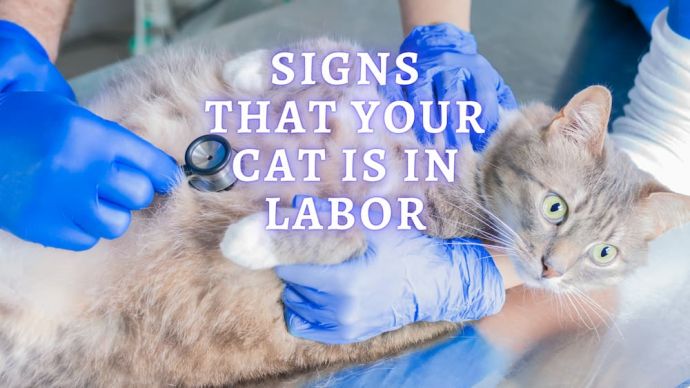 Cat Veterinary Tips Signs That Your Cat is in Labor: How to tell if a Cat is Pregnant?
Cat Veterinary Tips Signs That Your Cat is in Labor: How to tell if a Cat is Pregnant? - 13936
- 1
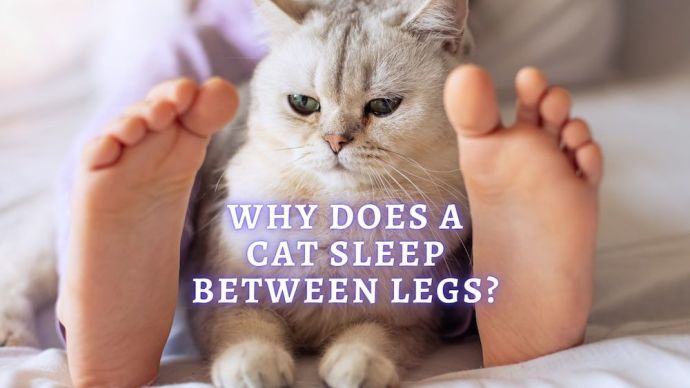 Cat Care Why Does My Cat Sleep Between My Legs? 7 Reasons Why Do Cats Sleep Between Legs
Cat Care Why Does My Cat Sleep Between My Legs? 7 Reasons Why Do Cats Sleep Between Legs - 143
- 0
 Cat Care Why Does My Cat Attack My Legs? 10 Reasons Why and What To Do About It (Vet-Approved Advice)
Cat Care Why Does My Cat Attack My Legs? 10 Reasons Why and What To Do About It (Vet-Approved Advice) - 45087
- 21
 Cat Veterinary Tips Cat Stomach Gurgling: Vet Advice on Why is Your Cat Stomach Gurgling?
Cat Veterinary Tips Cat Stomach Gurgling: Vet Advice on Why is Your Cat Stomach Gurgling? - 33736
- 4
 Cat Veterinary Tips My Cat Lost its Voice: Can Cats get Laryngitis? (Vet Advice)
Cat Veterinary Tips My Cat Lost its Voice: Can Cats get Laryngitis? (Vet Advice) - 22891
- 13









